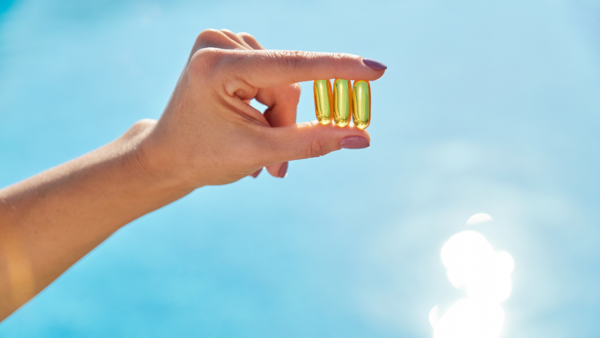Sun exposure and fertility
Vitamin D also known as Sunshine Vitamin is essential for sustaining overall wellness. It has a major impact on fertility in addition to its well-known benefits for immunity and bone health. By intaking adequate amounts of Vitamin D, one can maintain good hormonal balance, healthy reproductive function and ideal conditions for conception and improve fertility
The double-edged sword of vitamin D
According to Dr. Venkata Sujatha Vellanki, MBBS, OBG MS, MICOG, FAIMER, Regional, Medical Head & Fertility Specialist, Oasis Fertility, “For the body to synthesize vitamin D, moderate sun exposure is necessary, but finding the ideal balance is important because both insufficiency and excessive exposure have risks. However, the relationship between sun exposure and reproductive health is complicated and is said to be a double-edged sword, as both excess and deficiency of vitamin D can negatively impact fertility.”
Ideal way to get vitamin D
When the skin is exposed to sunlight, particularly ultraviolet B (UVB) rays, our body produces vitamin D. Midday is usually the best time to be outside because that’s when the sun’s rays are the most direct. Depending on your location and skin type, the ideal exposure time to the sun is between 10 and 30 minutes. For darker skin tones to produce the same amount of vitamin D, they require more sun exposure than lighter skin tones. By avoiding excessive sun exposure, one can prevent sunburn or skin damage.

Vitamin D connection to fertility
As already mentioned, vitamin D is necessary for a number of bodily functions, including reproduction. It affects reproductive health by regulating hormones and enhancing sperm motility in men and egg quality in women. Experts or medical professionals claim that low vitamin D levels lead to problems with fertility, including irregular ovulation in women and poor sperm quality in men.
According to Dr. Prinka Bajaj, MBBS, DNB-OBG, Senior Consultant Fertility Specialist, Oasis Fertility, “Supplements can assist people who live in areas with little sunlight in maintaining healthy levels of vitamin D. However, excessive sun exposure raises the risk of developing skin cancer. Skin cells can be harmed by excessive UV radiation exposure, which increases the risk of cancer and premature aging. It is essential that sunscreen be applied to the skin after the recommended exposure time.”
To sum up, vitamin D is necessary for overall health, especially fertility, but finding a balance in sun exposure is necessary to maximize its benefits without running the risk of deficiency or overexposure.







